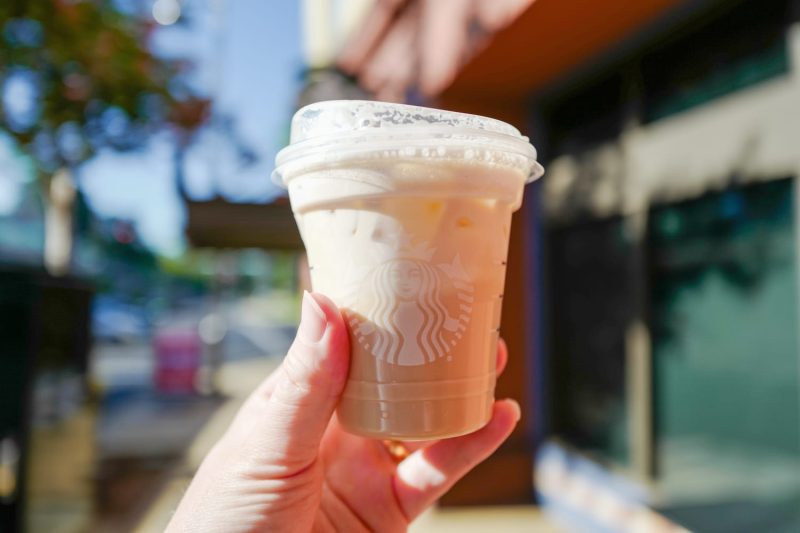Starbucks has taken a significant step towards catering to the growing demand for non-dairy milk options by announcing that they will no longer charge extra for non-dairy milk in their beverages. This decision comes as a welcome change for many customers who prefer non-dairy alternatives for health, ethical, or environmental reasons.
The decision by Starbucks to offer non-dairy milk without an additional charge reflects a broader trend towards inclusivity and environmental sustainability in the food and beverage industry. As consumers become more conscious of their dietary choices and the impact of their consumption habits on the environment, businesses are adapting to meet their evolving needs.
Non-dairy milk options such as soy, almond, coconut, and oat milk have become increasingly popular in recent years as more people opt for plant-based alternatives to traditional dairy products. These alternatives offer a range of benefits, including being lactose-free, lower in calories, and more environmentally friendly than conventional dairy milk.
By eliminating the extra charge for non-dairy milk, Starbucks is not only making their menu more inclusive for customers with dietary restrictions or preferences but also encouraging more sustainable consumption habits. This move aligns with the company’s commitment to reducing its environmental footprint and promoting social responsibility.
Moreover, Starbucks’ decision to offer non-dairy milk at no extra cost could set a positive precedent for other coffee chains and restaurants to follow suit. As consumer demand for plant-based options continues to grow, businesses that are able to adapt and offer more inclusive menus are likely to attract a wider customer base and stay ahead of the curve in the competitive food and beverage industry.
In conclusion, Starbucks’ decision to stop charging extra for non-dairy milk is a significant and forward-thinking move that reflects changing consumer preferences and priorities. By making plant-based options more accessible and affordable, Starbucks is not only meeting the needs of a growing segment of health and environmentally-conscious consumers but also setting a positive example for the industry as a whole.
